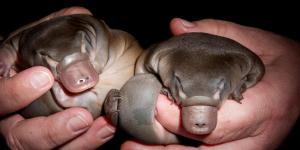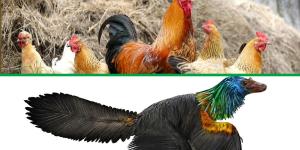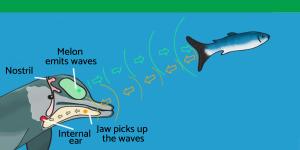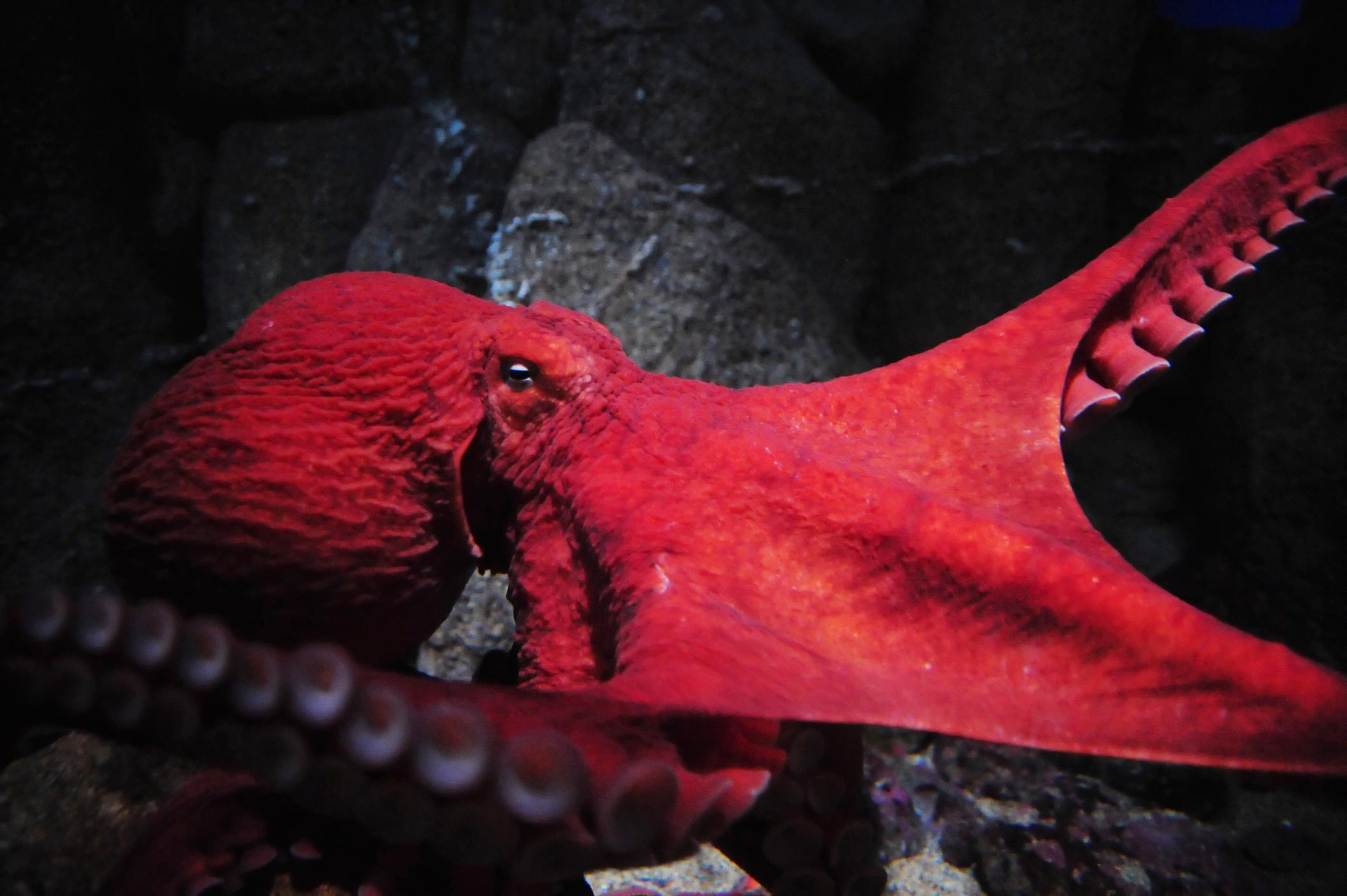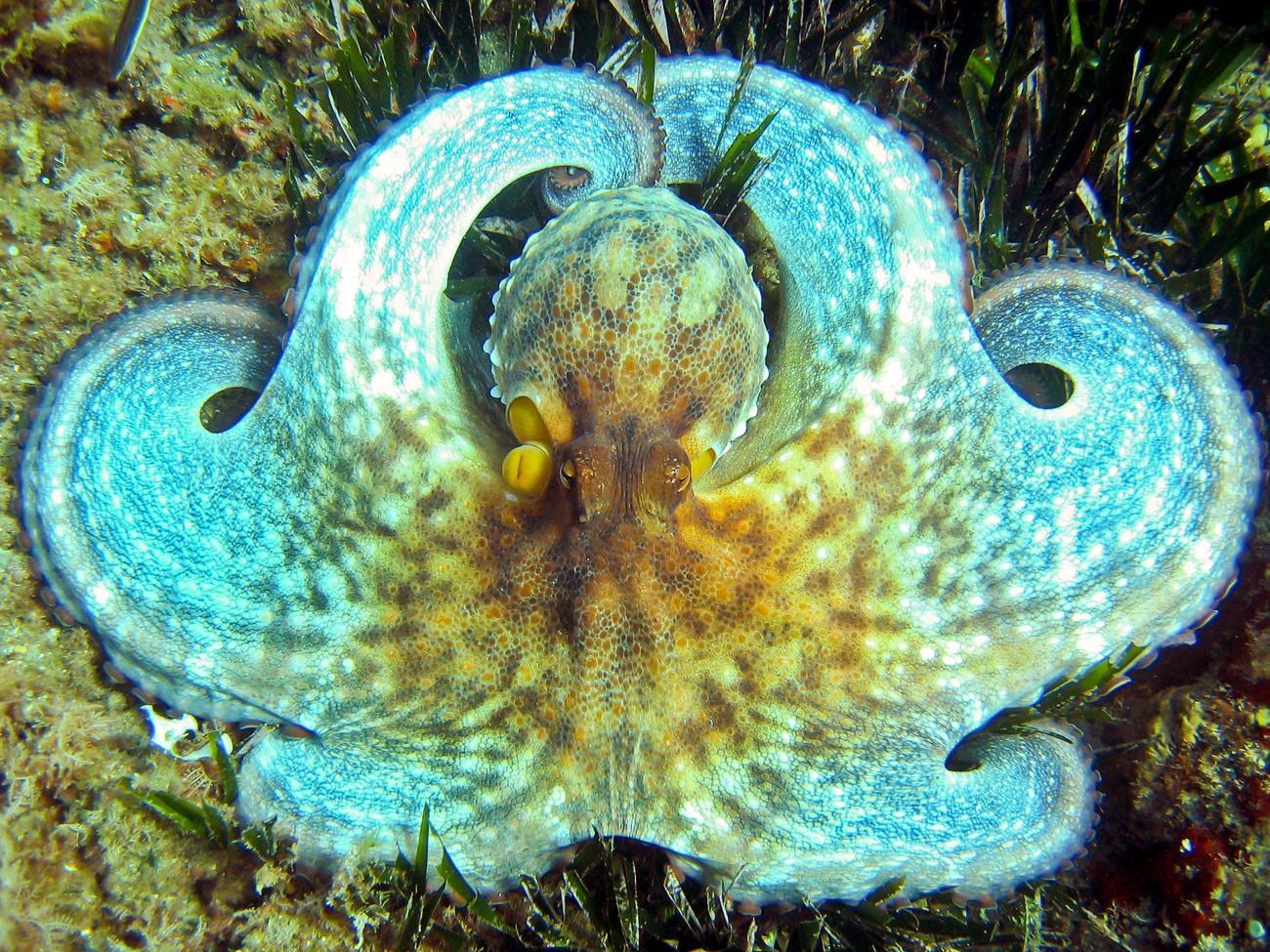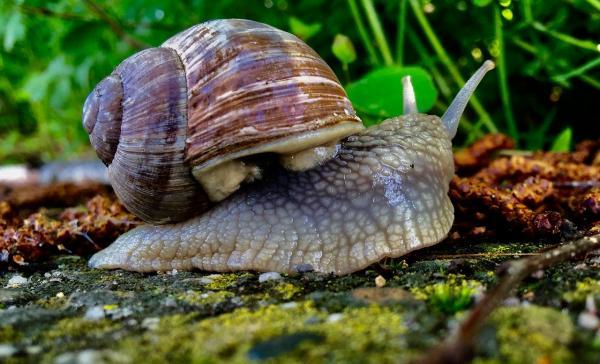Is an Octopus a Mollusk?


The classification of the octopus within the realm of mollusks has long sparked debate among scientists. Traditionally, octopuses have been grouped alongside their shelled relatives like snails and clams, owing to shared characteristics such as a soft body, bilateral symmetry, and a mantle. However, an ongoing debate challenges this classification, prompting a reevaluation of the fundamental traits defining a mollusk. Critics argue that octopuses diverge from typical mollusk traits as they lack a shell, display advanced intelligence, and exhibit behaviors that deviate from the norm.
In the following article by thedailyECO, we examine whether octopuses belong to the mollusk category, exploring their distinctive characteristics as well as similarities and differences with other mollusks.
Contents
What are mollusks?
Mollusks are a diverse group of invertebrate animals belonging to the phylum Mollusca. The phylum Mollusca boasts an impressive diversity, encompassing over 85,000 identified species.
Mollusks exhibit remarkable diversity in size, shape, habitat, and lifestyle. They include well-known groups such as snails, clams, squid, octopuses, and cuttlefish, as well as lesser-known groups like chitons and tusk shells. Furthermore, mollusks showcase an impressive ecological versatility, adapting to a wide range of environments, from the ocean to freshwater lakes and even terrestrial landscapes.
They are characterized by soft bodies, bilateral symmetry, and typically possessing a mantle, foot, and, in many species, a shell.
Dive deeper into the cephalopod world and unravel the fascinating differences between squid and cuttlefish in our other article.
What is an octopus?
Octopuses are marine animals belonging to the class Cephalopoda, which also includes squid, cuttlefish, and nautiluses. With over 300 known species, octopuses rank among the most diverse groups of cephalopods. These species vary greatly in size, coloration, and habitat preferences, showcasing the adaptability of these creatures to different environments.
In fact, octopuses inhabit oceans worldwide, occupying a wide range of habitats from tropical coral reefs to the deep sea. They are found in virtually every marine ecosystem, from shallow coastal waters to abyssal plains thousands of meters below the surface.
Octopuses are considered to be among the most intelligent invertebrates. They possess large brains relative to their body size and boast highly developed nervous systems. They exhibit complex behaviors such as problem-solving, tool use, and observational learning.
What is an octopus classified as?
Octopuses are classified as following:
- Kingdom: Animalia
- Phylum: Mollusca
- Class: Cephalopoda
- Order: Octopoda
Characteristics of octopuses
Octopuses possess a variety of unique characteristics that distinguish them from other marine creatures, even mollusks, such as:
- Unlike other mollusks, octopuses lack an external shell and a muscular foot. Their soft, boneless bodies allows them to squeeze into tight spaces and crevices. Their body is divided into the head (which includes the crown of eight arms and the siphon), and the mantle, which houses internal organs. They are mostly made up of muscle and connective tissue, providing flexibility and agility.
- Octopuses are named for their eight long and flexible arms, also called tentacles. They are equipped with suction cups, function as versatile tools for locomotion, prey manipulation, and even tool use.
- Octopuses are masters of camouflage, capable of changing color, texture, and even shape to blend in with their surroundings. They achieve this through specialized cells called chromatophores, which expand or contract to produce different colors, and other skin structures.
- Octopuses are highly intelligent invertebrates, possessing complex nervous systems and exhibiting behaviors indicative of advanced cognitive abilities. They are capable of problem-solving, learning through observation, and even playing.
- They possess a specialized mouth part, located at the center of the underside of the octopus's body is a sharp, parrot-like beak. This beak is used for biting and tearing prey.
- Octopuses have a unique mode of locomotion known as jet propulsion. They move primarily by forcefully expelling water through the siphon, propelling them backwards. The suction cups on their arms aid in crawling along the seabed.
- Octopuses have well-developed eyesight, with a cornea, lens, chambers, and retina that provide them with excellent vision. In fact, they possess excellent depth perception and can detect polarized light, making them adept hunters and navigators.
- Octopuses possess a unique three-heart system: a systemic heart and two branchial hearts. Their blue blood contains hemocyanin instead of hemoglobin for oxygen transport.
- Some species of octopuses possess venomous saliva, which they inject through their beak to immobilize prey. This venom can be potent enough to subdue crustaceans and small fish. Additionally, when threatened, octopuses can eject a cloud of ink containing melanin to confuse predators and aid in their escape.
- Octopuses typically have relatively short lifespans compared to many other marine animals. Most species live for only a few years, with some larger species living up to five years or more.
You might be interested in this other article that discusses the different types of octopuses.

Is the octopus a type of mollusk?
As mentioned beforoe, octopuses have long been categorized within the phylum Mollusca, a classification primarily based on shared anatomical features such as bilateral symmetry, a mantle, and a radula. These characteristics align them with other well-known mollusks like snails, clams, and squids.
However, recent scientific discourse has led to discussions about whether or not this classification is accurate.
One of the primary reasons behind this debate is the remarkable intelligence exhibited by octopuses, which surpasses that typically associated with mollusks. Their cognitive abilities, including problem-solving skills, complex learning, and memory retention, challenge conventional understandings of mollusk behavior and cognition.
Furthermore, unlike many other mollusks, octopuses lack an external shell, which is considered a defining feature of the group. This absence of a shell raises questions about whether octopuses truly belong within the mollusk category, or if they represent a distinct evolutionary branch within the animal kingdom.
While some argue for reclassification based on these unique characteristics and behaviors, others emphasize the importance of considering shared evolutionary history and anatomical features.
Opponents also point out that, despite the absence of a shell, octopuses still possess other hallmark mollusk features, like bilateral symmetry and a muscular foot. These shared ancestral traits suggest they retain more connection to their mollusk roots than differences might suggest.
Ultimately, the question whether octopuses are mollusks remains a topic of ongoing scientific inquiry. Advances in genomics and comparative analysis might offer deeper insights into the evolutionary relationships between octopuses and other animals. The final verdict may lie in how much weight we place on unique traits like intelligence and how we define the boundaries between groups.

If you want to read similar articles to Is an Octopus a Mollusk?, we recommend you visit our Facts about animals category.
- Hickman, C.P., Roberts, L.S., & Larson, A. (2000). “Comprehensive principles of zoology.”

